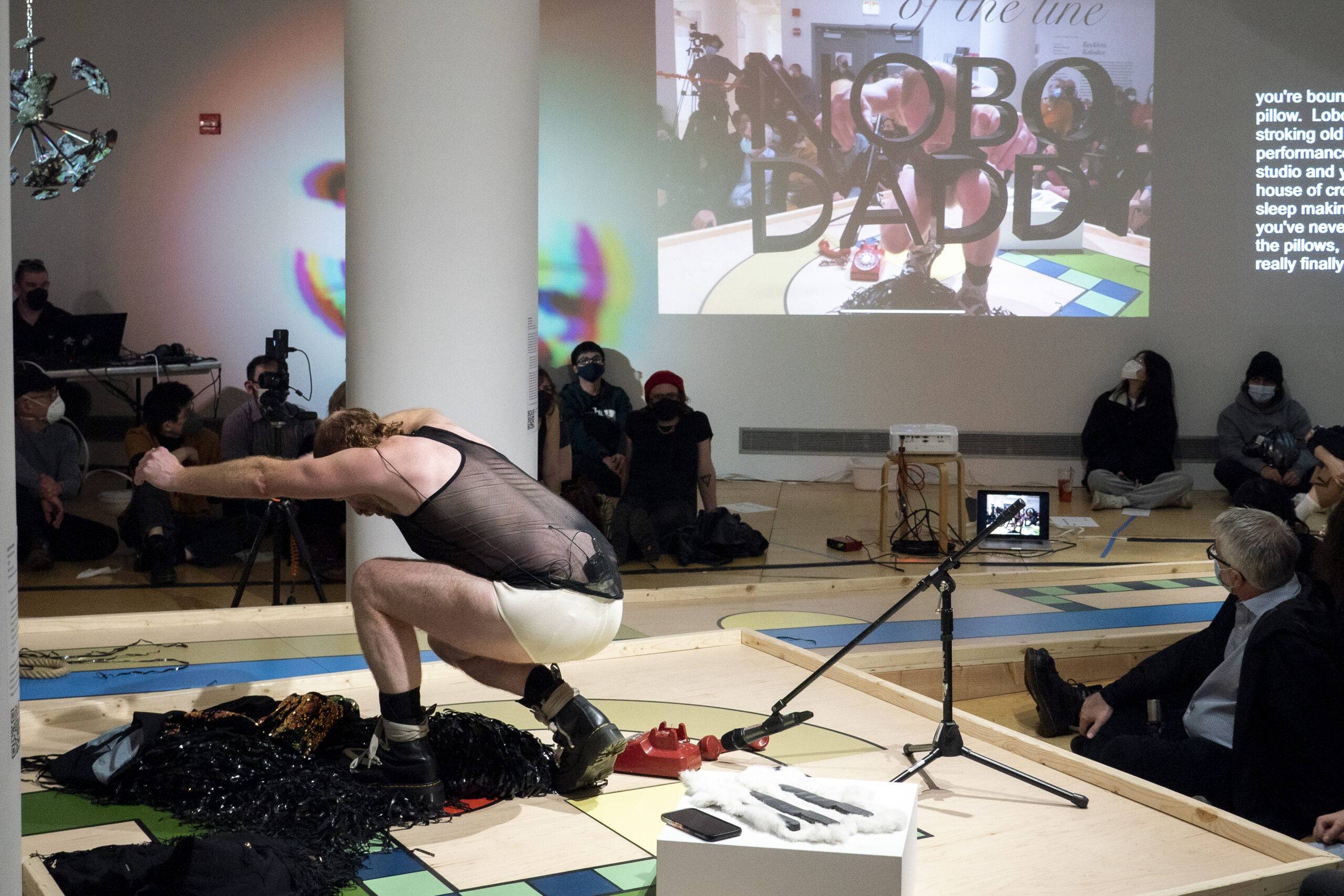
I.
Two years ago, I spent my Valentine’s Day with an ex-boyfriend I couldn’t seem to escape. We spent the day baking cookies and burning chocolate in his fraternity’s dirty kitchen. All my hours felt like days, and all my days felt like that dormitory afternoon where he first told me he loved me.
He knew I’d been waiting for it. I’d even said it by accident a few times when I’d meant to say goodbye. He already knew I loved him first, and it made me feel pathetic. One night after a particularly hard day, he told me he had a secret for me.
“What is it?” I asked
“I love you,” he said. “But you can’t tell anyone.”
I saw the catch coming. It was “too early.” People would judge us. I kept it to myself for a day and then told my sisters. Over time, I gaslight them. No, it wasn’t three months in, it was four. Six. It was on our one-year anniversary.
They didn’t ever care. All they cared about was that he said it first. It’s not a response then, it’s an action, they argued. It’s more romantic. It’s better to receive it. That way, you don’t ever have to worry.
If you burn chocolate on ceramic, it’s best to just throw the whole bowl out. Start over. Start from the beginning.
II.
It appeared at midnight, as most scary things do. She’d awoke from thirst, climbed over her boyfriend to get out of bed, and walked cold and barefooted to the kitchen. It circled around in the dark, ignoring her. Her boyfriend was ignoring her too.
It moved past her in the doorway in a slow float. Careful not to brush her. It smelled like burning leaves or something she’d forgotten to take off the stove or something with not enough salt. She loved this.
She glanced back at the bedroom door. It was their anniversary tomorrow. There was a great big thump in her chest.
III.
The first time I told someone I loved them, it was in my father’s office over email; I was 13, and I didn’t have a phone yet. We made plans to meet up in the woods behind the school park to say it to each other in person.
I couldn’t say it first. Neither could he. We broke up. I was depressed for months. All I could ask myself is, why couldn’t he say it?
The real question was, why couldn’t I?
IV.
She decided to spend all night learning how to be a ghost. It was easy, just living as a response. There was no worry about saying the wrong thing or picking what movie to watch. Glasses broke, and it was simply blamed on existence and that was always OK since you couldn’t help what moved through you and what didn’t.
It didn’t hurt. Walls were sticky and slow to move through. But moving through him, that was easy. There weren’t many pillars to block her way or slide past. Not even splinters.
V.
There’s a stigma against women being the ones to ask people on dates or admit interest first. The man should take the lead. This is common in same-sex relationships as well, in which the more masculine presenting partner is the one who buys the flowers, makes the reservations. You come to expect, then, for them to take the first emotional leaps. This is a taught behavior.
It feels wonderful to know that someone wants you. It’s terrifying to want someone: The fear that there may be no reciprocation is overwhelming.
Or, maybe you say it second because your parents never did — you show love, but you don’t say it. Maybe you say it second because you’re the one who makes the reservations, and what’s love if not talking to a stranger on the phone for the love of your life.
Maybe you’re thinking, who cares? They know. You’re sure they already know.
Loving in this way is a habit. Loving in this way is an obligation. Loving in this way is locking the door before going upstairs, brushing your teeth before bed. Just something that keeps you healthy. Or a routine you’ve done for so long that you don’t know how not to do it.
For me, “I love you” became a doorknob confession, and “I love you too” replaced most of my goodbyes. It’s an acknowledgement of the received. It’s an agreement, a contract between two lovers rather than a tether.
VI.
They had a fight last night. He wouldn’t pick the restaurant for their anniversary dinner. The night before he wouldn’t pick the movie, and the night before that he’d asked her over and over again if she’d want to go to his mother’s for Christmas.
“I love you,” she’d said. “But can’t you just help me out a little?”
He said, “I love you, too.”
She picked dinner. She looked forward to his sleepiness because it was the only time he told her he loved her first. A small squeeze and kiss on the shoulder.
She could feel it. The love moved through her, and then it moved out of her.
VII
Close to sunrise she broke dishes. Knocked down paintings. Vanished into the wall. Turned the radio on and off. He always came running.
“Are you alright?” he asked when he finally found her somehow in the bathroom. “Are you hurt?”
She never felt more loved in her life. Her hands bled.
“Yes,” she said.
He made her breakfast.
VIII
Loving in this way is retaliation.
IX
It only worked for so long. Eventually, he got used to the glass breaking and the paintings falling.
“I think this house is haunted,” he said one night. “Who do you think died here?”
If her travel through the walls had taught her one thing, it was that there were many dead bodies inside these walls. All of them looked like her, and all of them looked like him.
“Don’t be ridiculous,” she said.
X
When my partner and I just started dating, I followed her around. I followed her to work, and she gave me small tasks to do. I followed her at home; she washed the dishes, I dried them. When I was awake but she slept, I slept. She took that first step into her day, and I followed, not even a minute behind.
I realized my love could be recognized as a haunt. And that there are many ghosts, just like me, that don’t know how to love first.
Anyways, after a while, she stopped sleeping altogether. Sometimes her boyfriend found her sitting in the kitchen in the morning. She noticed him and waited for him to ask her where she’d been.
He didn’t ask. He didn’t know who looked more ghostly in that moment — her or this thing standing in front of her, breathing.







